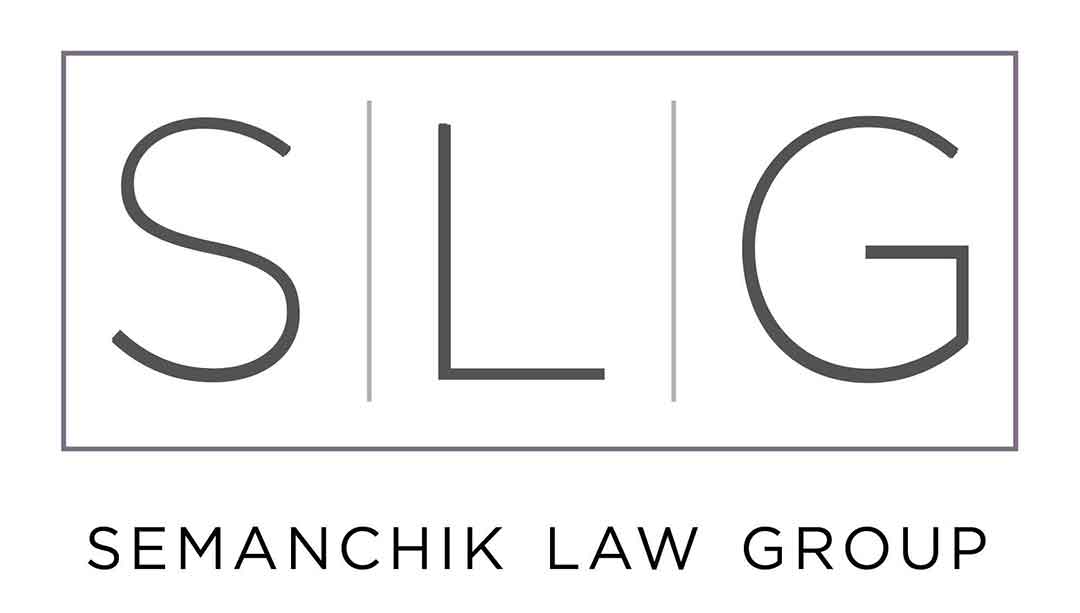Small business owners usually have some idea or simple agreement put together that outlines what happens to their company upon retirement. However, most do not plan for something more unexpected, such as an untimely death. The sad reality is that 1 in 7 Americans do not live to see retirement.
All too often, surviving loved ones are tasked with the impossible: making overwhelming business decisions under duress. In our experience, this does not typically go well. Ease the burden on everyone, including yourself. Take the time to make 3 important decisions during family business succession planning:
- What are the terms and conditions of selling, transferring, or closing your business?
- How will your business financially remain stable and avoid bankruptcy?
- Will putting the business in a revocable living trust make sense for your situation?
In this post, we are going to examine 3 methods that will address the above-listed concerns, as well as provide options that you may not have considered.
- Buy-Sell Agreements
Having a Buy-Sell Agreement in place is a smart tool to use for family business succession planning; think of it as a “will” for your business. The Buy-Sell Agreement will specify who can buy into your business, how the transition will take place and the valuation method that will be used. It is also important to have a buy-sell agreement in place to ensure that business partners are able to ease the transitions of retirement, death or divorce of the partners or their spouses. It’s important to put a buy-sell agreement in place early on in your business before there is a contemplated transition and before any conflicts between partners may arise.
Further, “key man insurance” is a worthy investment that may complement the Buy-Sell Agreement. Essentially, it is a life insurance policy that the business takes out on a crucial or essential employee (usually the owner). The idea is that if the owner dies, the insurance policy payout keeps the business financially stable during the transitional period.
- Employee Stock Ownership Plans
Employee stock ownership plans (ESOPs) are another option to provide financial stability at all points of operation. ESOPs are able to infuse the organization with operating capital during tough times. They also incentivize an entrepreneurial work approach among dedicated employees to make good decisions. It’s a powerful and sophisticated tool that can ensure continuity upon retirement or incapacitation.
- Business Owned by Revocable Living Trust
Nothing can complicate the pain of death more than having to go through a court-mandated procedure known as probate. When people die suddenly, they do not usually have their “affairs in order.” This can create a huge burden on the personal representative of the estate, as all assets, ownerships, and liabilities must be present and accounted for.
Instead, consider putting your business into a revocable living trust. You can avoid probate, court costs, appraisers, and newspaper notices. While the trust remains in existence, the current trustee transfers ownership to the new individual upon his or her death. The use of a trust is favored by many commercial and large asset owners for family business succession planning.
Putting It All Together
Planning for the inevitable is not always a joyful process. However, if you invest the time now to ensure the best future outcome, it is something you won’t have to think about again beyond making occasional updates. It really can be that simple. Contact a trusted business attorney that works in family business succession planning to discuss all of the options available to you.


